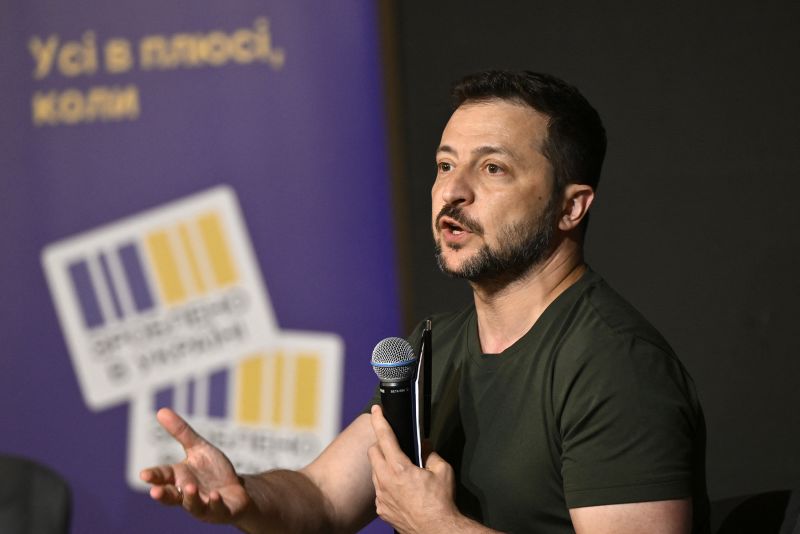
Ukraine’s President Takes Bold Stand: Bans Russia-Linked Religious Groups
Ukraine’s President Signs Law Banning Russia-Linked Religious Groups
The recent move by Ukraine’s President to sign a law banning Russia-linked religious groups has sparked controversy and raised concerns among various communities within the country. The law, which was signed in an effort to combat what officials have described as aggressive actions by Russia-backed religious organizations, has raised questions about the implications for freedom of religion and the rights of minority groups.
The law specifically targets religious organizations that are deemed to have ties to Russia, including the Russian Orthodox Church. The decision to target these groups comes amidst ongoing tensions between Ukraine and Russia, particularly in the aftermath of Russia’s annexation of Crimea in 2014. Critics of the law argue that it unfairly targets religious groups based on their perceived political affiliations, rather than on any actual evidence of wrongdoing.
Proponents of the law, however, argue that it is necessary to protect Ukraine’s sovereignty and national security. They point to the Russian government’s history of using religious organizations as a tool for exerting influence in neighboring countries, and argue that the law is a necessary measure to safeguard against such interference.
While the law has been met with both support and opposition within Ukraine, it has also drawn criticism from international human rights organizations. Groups such as Amnesty International and Human Rights Watch have raised concerns about the potential impact of the law on freedom of religion in Ukraine, and have called on Ukrainian officials to ensure that the rights of all religious communities are respected.
In response to these criticisms, Ukrainian officials have sought to reassure the international community that the law is not intended to infringe on religious freedom, but rather to protect national security interests. They have emphasized that the law is targeted specifically at organizations that have been found to have ties to Russia, and that it is not meant to restrict the rights of other religious groups within the country.
Despite these assurances, questions remain about the potential implications of the law for religious communities within Ukraine. Many fear that the law could be used as a pretext for targeting minority religious groups or suppressing dissenting voices. As Ukraine continues to navigate its complex relationship with Russia, it remains to be seen how the implementation of this law will impact religious freedom and minority rights in the country.
In conclusion, the signing of the law banning Russia-linked religious groups in Ukraine has sparked debate and raised concerns about its implications for freedom of religion and minority rights. While proponents argue that the law is necessary to protect national security interests, critics worry that it could be used to suppress dissent and target minority religious communities. As Ukraine moves forward with the implementation of this law, it will be important for officials to ensure that the rights of all religious groups are respected and protected.
